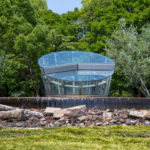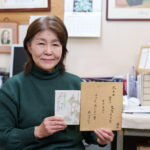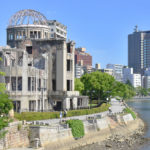“Hibakusha” atomic bomb survivors broadcast testimonies to online viewers around the world
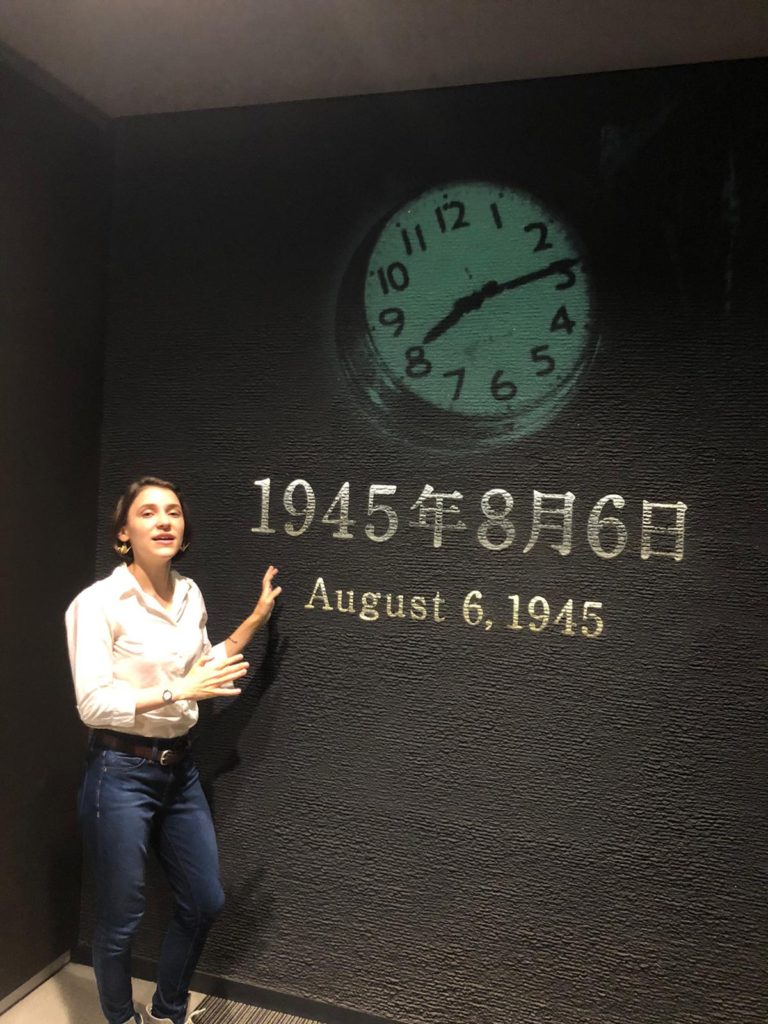
Peace Boat, an NGO that organizes cruise trips around the globe to promote international exchange, has moved its main activities online in response to the COVID-19 pandemic. The organization continues to engage enthusiastically in peace-promoting activities. Since 2019, as an international governing body for the International Campaign to Abolish Nuclear Weapons (ICAN), Peace Boat has been responsible for the planning and management of the Hiroshima-ICAN Academy on Nuclear Weapons and Global Security. In 2020, the organization broadcast online tours of the atomic bomb museums in Hiroshima and Nagasaki. It has also held 30 online testimony sessions by “hibakusha” atomic-bomb survivors.
We spoke with the Peace Boat International Coordinators Watanabe Rika and Matsumura Masumi, who hold important positions within the organization.
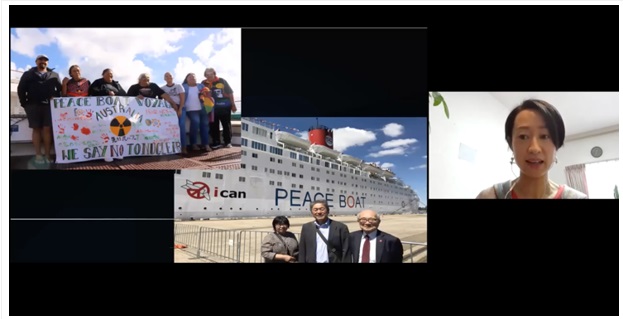
Ms. Watanabe is involved with the Hiroshima-ICAN Academy on Nuclear Weapons and Global Security, which invites young individuals from all over the world to Hiroshima. The goal is to cultivate future global leaders that can take what they learn and experience back to their home countries.
”For the first session in 2019, there were 15 young attendees. They saw the museum, met hibakusha, witnessed the August 6th ceremony, and were able to experience firsthand what they hitherto had only seen on TV. In 2020, just when we were thinking about increasing the number of participants, the COVID-19 pandemic occurred, and we were forced to make major changes for our second session. We switched to a primarily online operation. However, I feel this allowed us to welcome participants from a wider range of countries including the Republic of Congo, Kenya, Kyrgyzstan, Mongolia, Poland, and Uganda. We have just begun accepting participants for the third session in 2021, but we would like to welcome participants who will shoulder the future politics of their respective countries.” (Ms. Watanabe)
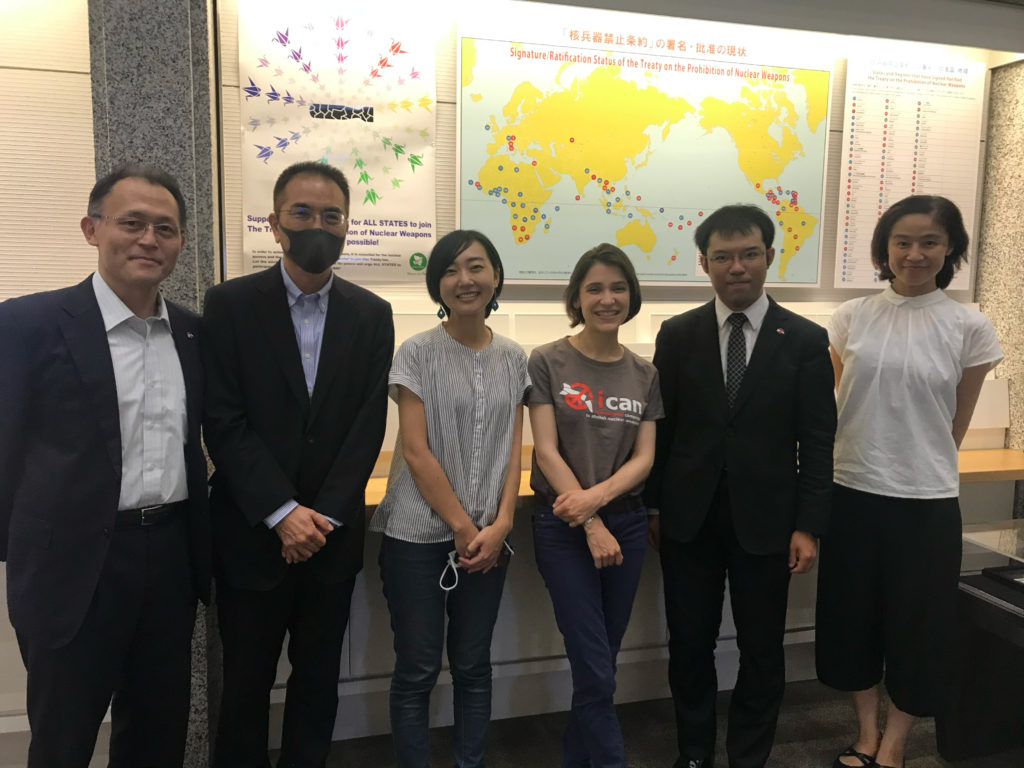
Ms. Matsumura was responsible for the online tour of the atomic bomb museums held in July of 2020.
”In a situation where even students on field trips could not visit Hiroshima due to the COVID-19 pandemic, we chose to hold online tours before the August 6th date in order to promote the abolition of nuclear weapons. We broadcasted using Instagram Live via ICAN’s Instagram page. The first broadcast was from the Hiroshima Peace Memorial Museum. Two days later, we broadcast from the Nagasaki Atomic Bomb Museum. Some aspects were unique to live broadcasting. An in-depth explanation given after the Executive Director of ICAN showed a particular interest in one of the artifacts from the bombing, a child’s tricycle. More than 75 years after the war, when it has become difficult to share the real voices of hibakusha, I again felt the importance of the atomic-bomb artifacts.” (Ms. Matsumura)
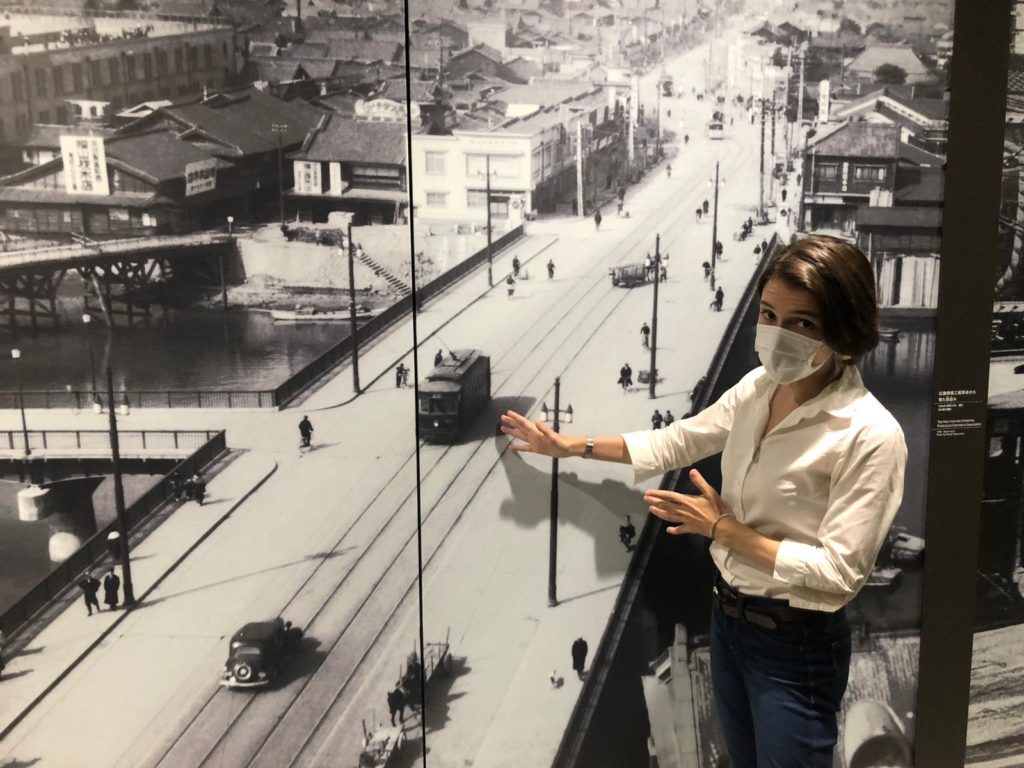
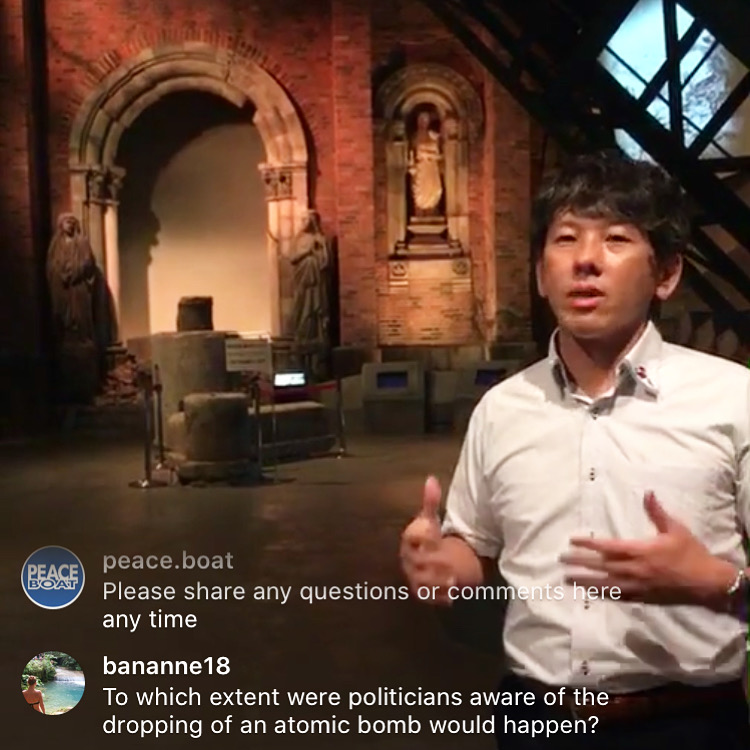
Peace Boat, the organization where both women work, has held its Orizuru Project (orizuru means “paper crane”) since 2008. The project brings hibakusha on cruises around the world so that they can provide their personal testimonies. From 2020, the testimonies moved online as the Orizuru Project Online. So far, 30 online events have been held, with translations into the languages of 22 countries and regions. The events have helped convey the realities of atomic bombing to those around the world.

”When we were sailing around the world to share personal testimonies, the reactions were so great in Latin American countries that the audience would come to embrace the survivors as soon as they finished speaking. Though we cannot have such interactions online, the warmest reactions continue to be from Latin American peoples. On the other hand, some countries are shyer. In Kyrgyzstan, Uzbekistan, and Tajikistan, participants share their thoughts steadily and bit by bit. The events are now online, but I am glad we can still share the same time together and become acquainted with one another. I hope to continue holding the sessions in countries around the world.” (Ms. Watanabe)
Although Peace Boat’s online activities began because of limitations imposed by the COVID-19 pandemic, it seems that these events also led to new discoveries.
”There are certainly upsides to an online venue, such as reaching more people and lowering the difficulty of participation. After COVID-19, I hope we can find a good balance between online and offline venues.” (Ms. Matsumura)
Although Peace Boat has been unable to operate its cruises for a year and a half, the organization continues to move forward until the day that cruises can resume, no doubt in a form more enriching and more refined than before.
PEACE BOAT
Homepage: https://www.pbcruise.jp/
Executive Committee of Hiroshima-ICAN Academy on Nuclear Weapons and Global Security (within the Peace Promotion Project Team, Regional Policy Bureau, Hiroshima Prefecture Government)
Address: 10-52 Motomachi, Naka-ku, Hiroshima-shi, Hiroshima 730-8511
Tel: 082-513-2368
Fax: 082-228-1614
Email: chiheiwa@pref.hiroshima.lg.jp
Tags associated with this article



